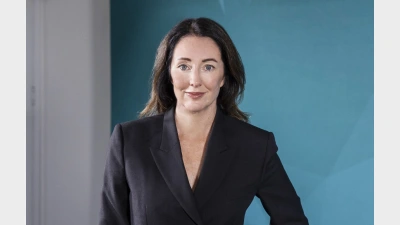Aussies showing low understanding of superannuation


Research from Sunsuper has further proven that many Australian workers are not adequately prepared for retirement, showing that 44 per cent of them do not fully understand or feel on top of their superannuation.
The study, which surveyed 1,000 adult workers, also found that 28 per cent of employees didn’t know or hadn’t thought about whether they would need to rely on the Government Aged Pension in retirement. Worryingly, 37 per cent said that they would need the same or a higher annual income than what they were currently earning to fund their lifestyle in retirement.
The breakdown of understanding of superannuation was impacted by age, with 70 per cent of baby boomers feeling on top of their super compared to 53 per cent of their millennial peers.
Despite a lack of understanding about superannuation and low confidence regarding retirement, Australians weren’t often looking to financial advisers to help navigate their retirement preparation.
“The right financial advice can help in managing financial stress, yet workers say they see a number of obstacles to seeking financial advice,” Sunsuper wrote in the research findings.
Cost was the main barrier to seeking advice, with 41 per cent of those surveyed saying they thought financial advice was expensive. Reflecting the trust issues rampant in the industry currently, 33 per cent said that they didn’t know how to trust. Thirdly, 29 per cent said it was difficult to know where to go for advice.
Recommended for you
Rather than retreating in the face of rising volatility and geopolitical uncertainty, superannuation funds are tactically positioning themselves to capitalise on equity market weakness, prioritising liquidity and flexibility to make strategic buys.
The CEO of superannuation advocacy body ASFA has laid out the sector’s expectations for Australia’s next government, underscoring the need for policy stability to safeguard members’ retirement savings.
Aware Super has made a $1.6 billion investment in a 99-hectare industrial precinct in Melbourne’s North which, the fund clarified, also houses the nation’s first privately funded open-access intermodal freight terminal.
ASFA has affirmed its commitment to safeguarding Australia’s retirement savings as cyber activity becomes an increasing challenge for the financial services sector.












